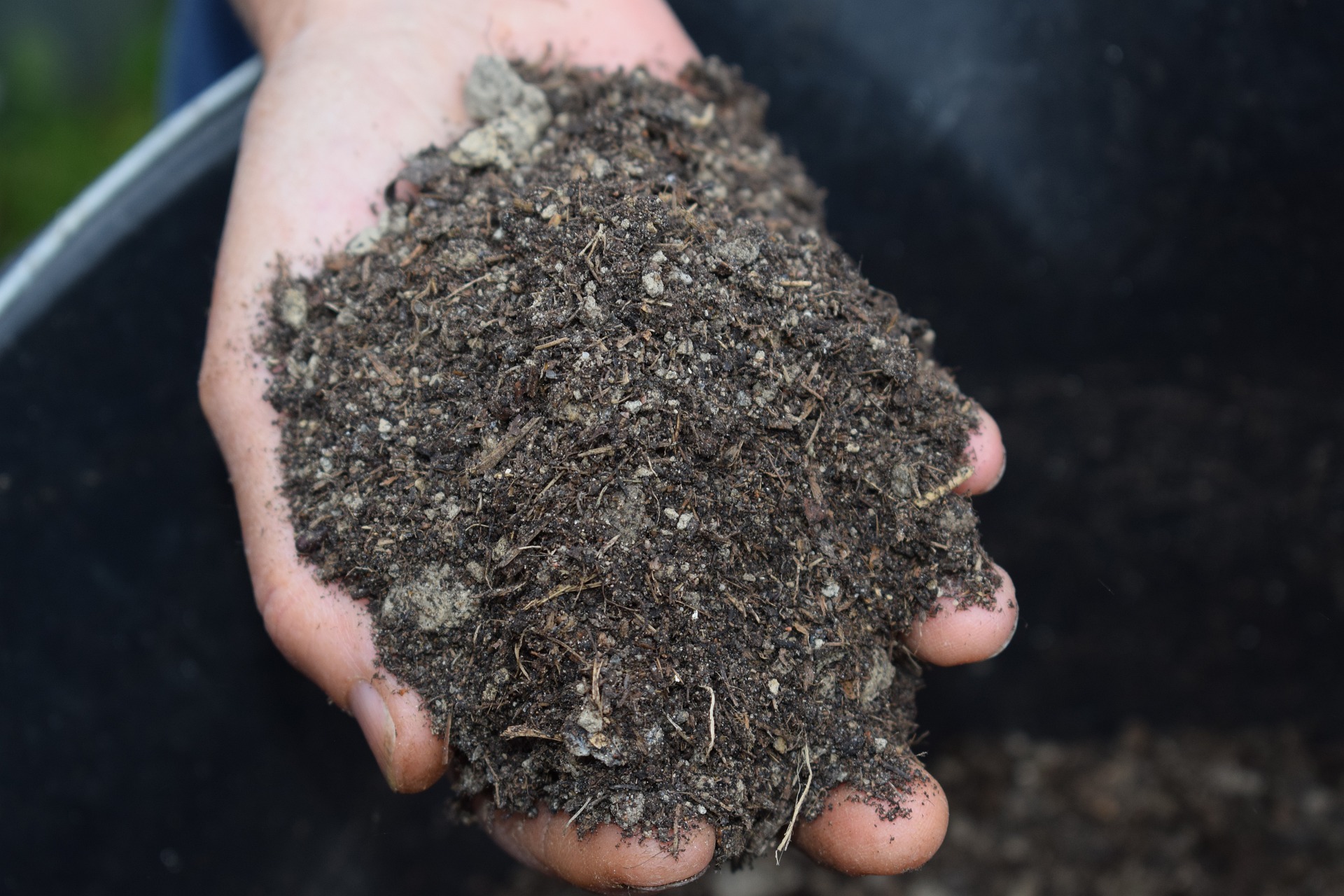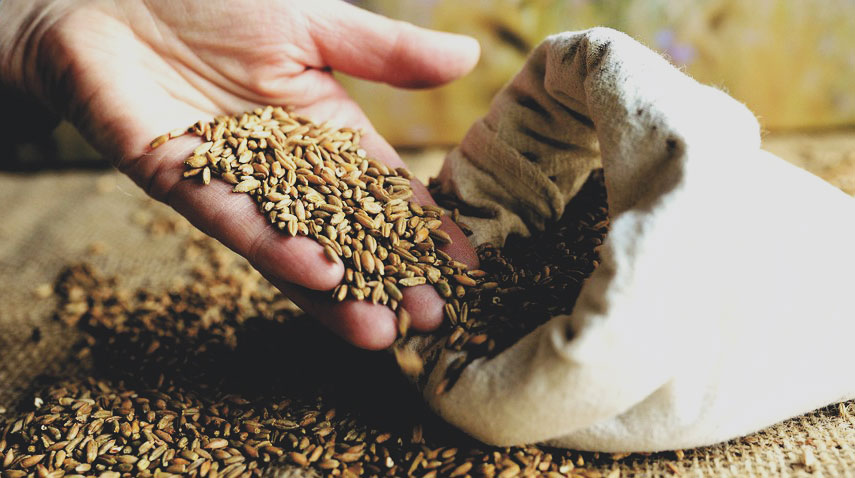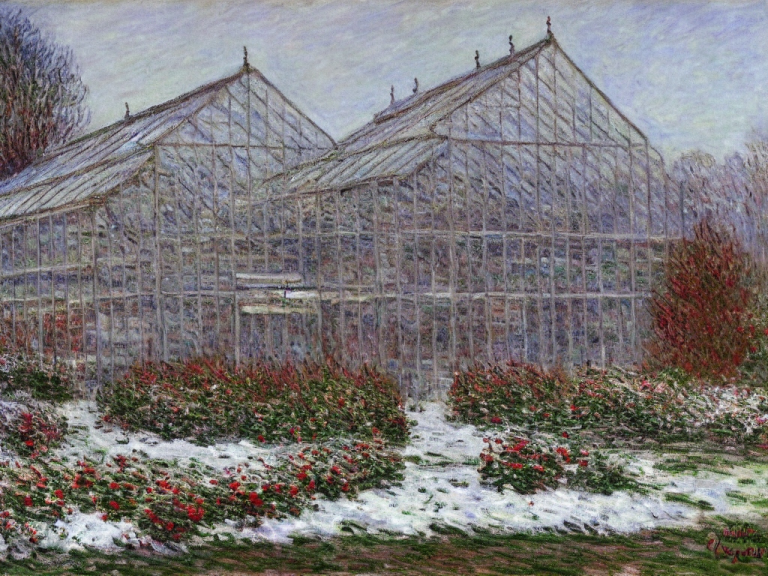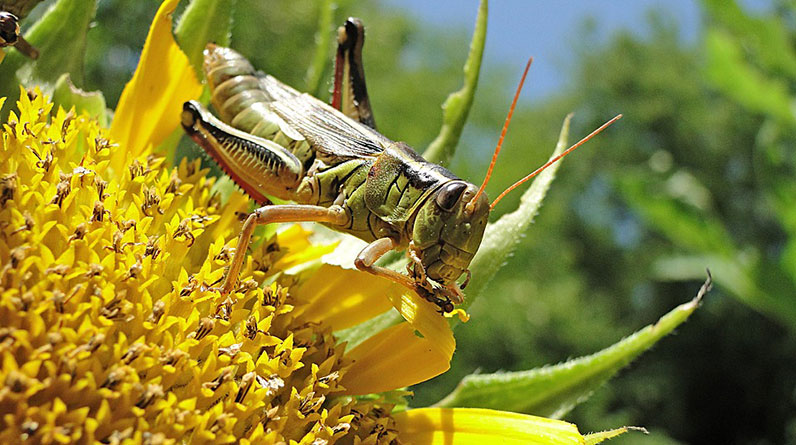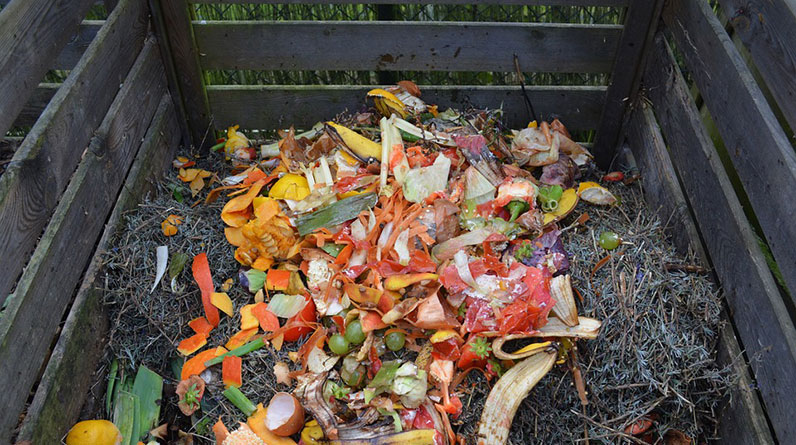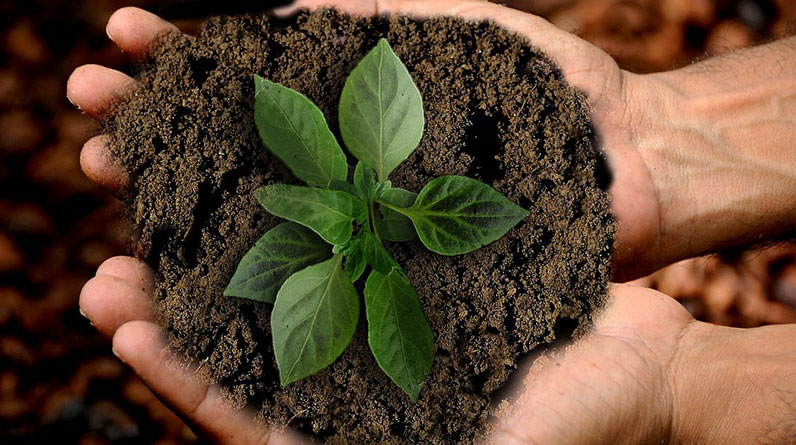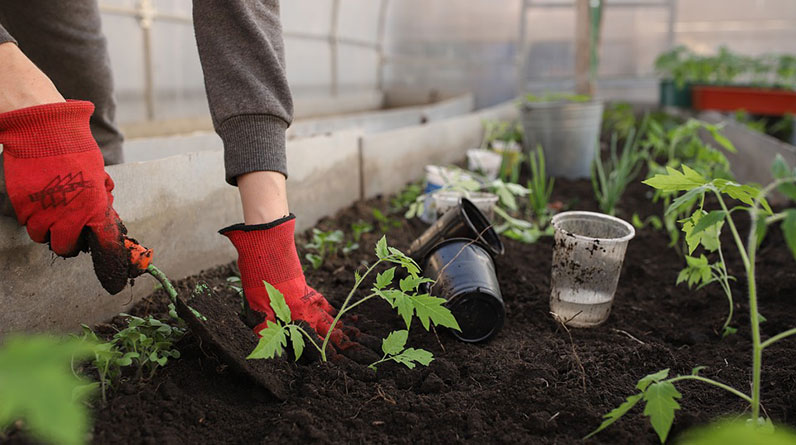Organic gardening is a way of growing plants that is both environmentally friendly and healthful. If you are an advanced organic gardener, you have likely been at it for a while and are familiar with the basics. But, there is always room for improvement. Here are some tips to help you take your organic gardening to the next level.
- Use companion planting: Companion planting is the practice of planting different species of plants together in a mutually beneficial way. For example, planting tomatoes and basil together can help deter pests and improve the health of both plants.
- Rotate crops: Rotating crops is important to avoid soil-borne diseases and pests from building up in the soil. By rotating crops, you can also help ensure that the soil remains balanced in terms of nutrients.
- Incorporate cover crops: Cover crops are crops that are grown specifically to improve soil health. They help to retain moisture, suppress weeds, add organic matter to the soil, and improve soil structure.
- Use compost tea: Compost tea is a liquid made from compost and water. It is a great way to provide plants with an all-natural source of nutrients and to help control pests and diseases.
- Interplant: Interplanting is the practice of planting different crops together in the same area. This can help to improve the health of the plants and increase the overall yield.
- Minimize tillage: Minimizing tillage is important to maintain the structure of the soil. When soil is tilled, it can become compacted, which makes it difficult for plant roots to penetrate.
- Utilize mulching: Mulching is the practice of adding a layer of organic material to the soil surface. This can help to retain moisture, suppress weeds, and regulate soil temperature.
- Use organic fertilizers: Organic fertilizers are made from natural materials, such as compost, and are a great way to provide plants with the nutrients they need without introducing harmful chemicals into the environment.
- Consider crop diversity: Crop diversity is important for maintaining a healthy and balanced ecosystem. Growing a variety of crops can help to reduce pest and disease pressure, as well as provide a diverse source of food for both you and the environment.
In conclusion, incorporating these tips into your advanced organic gardening practices can help to improve the health of your plants and soil, increase your yields, and reduce pest and disease pressure. By using these tips, you can continue to grow a thriving organic garden that is both environmentally friendly and healthful.
